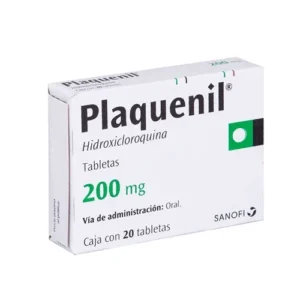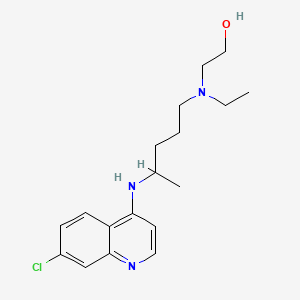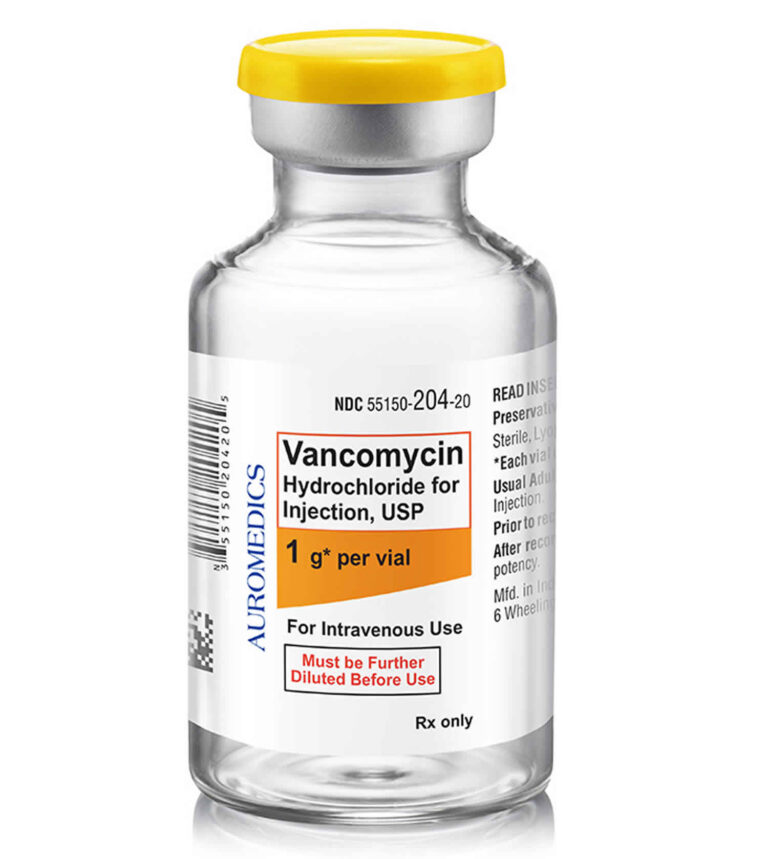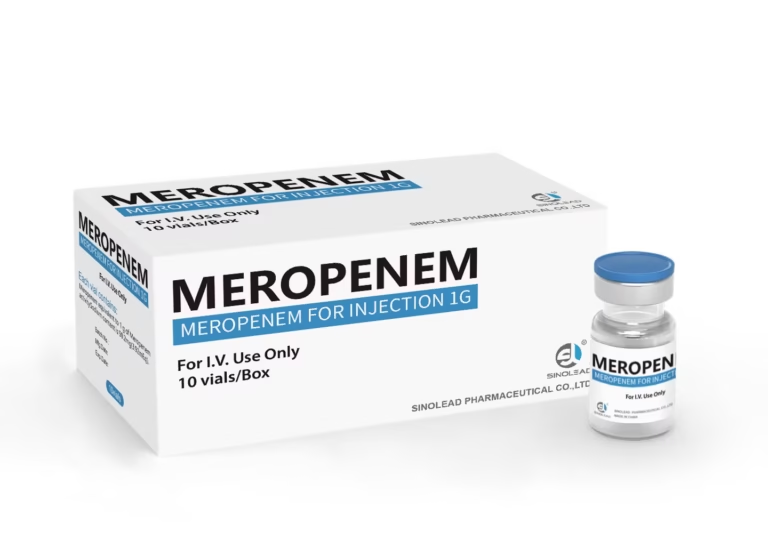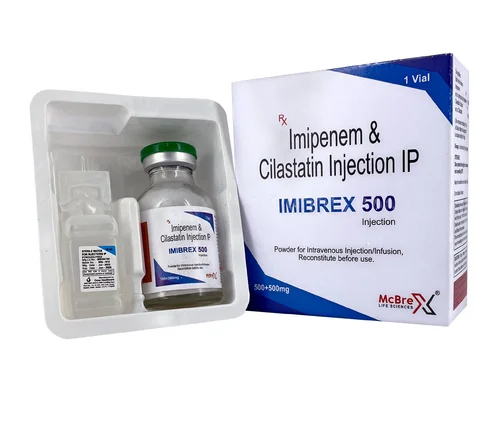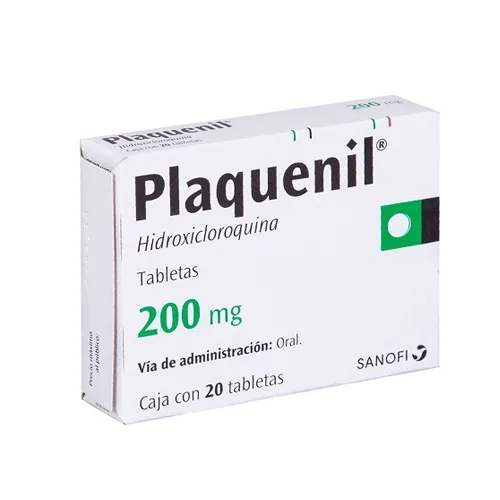
UseHydroxychloroquine is a drug used to treat malaria, autoimmune diseases like lupus, and rheumatoid arthritis. In recent years, it has been proposed that it may have a significant role in treating COVID-19, though its efficacy is not approved and is under research studies. Hydroxychloroquine is an anti-malarial drug from the class of drugs disease-modifying anti-rheumatic drugs (DMARDs).
It works by interfering with the replication of the malaria parasite and modulating the immune system in autoimmune disorders.
- Molecular Formula C18H26ClN3O
- Molecular Weight 335.9 g/mol
Medical Uses of Hydroxychloroquine
Malaria Treatment
Hydroxychloroquine is effective against certain strains of malaria, especially those caused by Plasmodium vivax and Plasmodium malariae. It can be used as both a treatment and preventive measure.
Autoimmune Diseases
Hydroxychloroquine is also used to manage autoimmune diseases like:
- Systemic lupus erythematosus (SLE)
- Rheumatoid arthritis
In lupus, it helps reduce inflammation, while in rheumatoid arthritis, it can manage joint pain and swelling.
COVID-19 Research
Hydroxychloroquine was investigated as a specific treatment for COVID-19 in the early days of the pandemic. However, clinical trials have shown mixed results, and thus, it is not recommended for COVID-19 management.
How Hydroxychloroquine Works?
Hydroxychloroquine works through multiple mechanisms:
- Malaria
It inhibits the growth of the parasite by interfering with its ability to digest hemoglobin, which is vital for its survival.
- Autoimmune Diseases
It has immune-modulating properties that help reduce overactive immune responses, preventing the body from attacking itself.
Dosage and Administration
Hydroxychloroquine dose is different according to the condition of disease.
Malaria Treatment
- Adults: 800 mg on the first day, followed by 400 mg for the next two days.
- Children: Dosage is based on weight, mostly 10 mg/kg body weight on the first day, followed by 5 mg/kg on the next two days.
Systemic Lupus Erythematosus (SLE)
- Adults: Normally 200–400 mg daily, it depends on the severity of the disease.
Rheumatoid Arthritis
- Adults: 200–400 mg daily.
Follow the doctor’s prescribed dosage, as the dose can differ depending on individual health needs.
Side Effects of Hydroxychloroquine
Hydroxychloroquine has good tolerance, but like other medications, it can have side effects. Some common and serious side effects are;
Common Side Effects
- Nausea or vomiting
- Diarrhea
- Headaches
- Dizziness
Serious Side Effects
- Retinal damage (eye issues)
- Heart problems (QT prolongation)
- Severe allergic reactions
Hydroxychloroquine Brand Names
Hydroxychloroquine is available in many brand names all over the world. Below is a table of popular brands:
| Brand Name | Manufacturer | Common Use |
| Plaquenil | Sanofi | Systemic lupus, malaria |
| Quineprox | Cadila Pharmaceuticals | Malaria, rheumatoid arthritis |
| HCQ | Various Generic Makers | Malaria, autoimmune diseases |
| Atabrine | Bayer | Malaria |
| Dolquine | Mylan | Malaria, lupus |
Precautions and Warnings
Use Hydroxychloroquine with extra supervision and care in certain individuals:
- Pregnant Women
It is safe during pregnancy but should only be used when necessary.
- Eye Problems
Long-term use can lead to retinal damage. Regular eye exams are essential.
- Heart Conditions
Hydroxychloroquine can affect heart rhythm in people with pre-existing heart conditions.
- Liver or kidney disease
adjust dosages in patients with liver or kidney disease.
Drug Interactions of Hydroxychloroquine
Hydroxychloroquine can interact with other medications, such as:
- Antacids can reduce the absorption of hydroxychloroquine.
- Digoxin Can increase the risk of side effects.
- Other Heart Medications can Increase the risk of heart rhythm issues.
Always disclose to your doctor about all other medications you are taking to prevent harmful interactions.
Is Hydroxychloroquine Safe?
Hydroxychloroquine is safe when used according to medical guidelines, but it is not without risks if used for the long term. Hence, arrange regular check-ups, including eye exams and heart monitoring for individuals on prolonged therapy.
Conclusion
Hydroxychloroquine is an essential drug for treating malaria and autoimmune diseases like lupus and rheumatoid arthritis. Although, after research studies, it is not a reliable treatment for the Covid 19 virus. Thus, patients should always follow medical advice for dose adjustment and its side effects to ensure safe and effective use.
